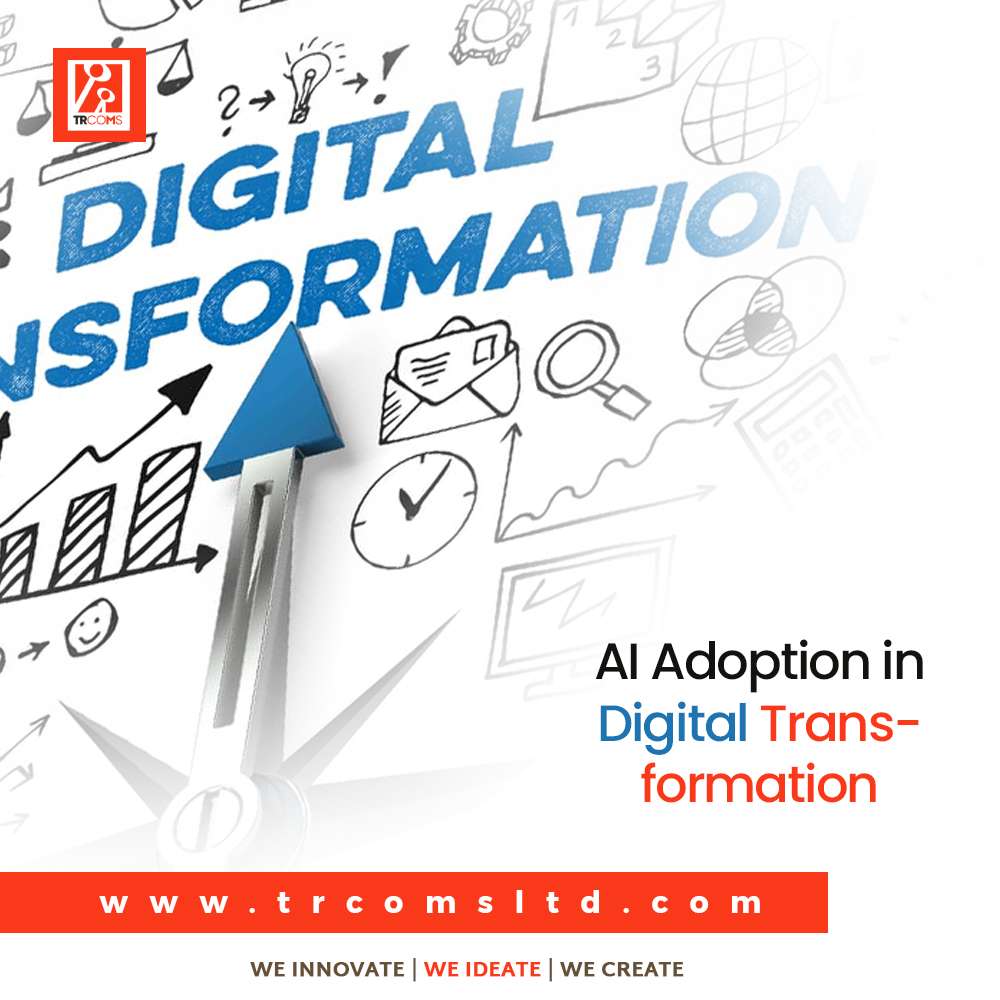AI Adoption in Digital Transformation
Introduction
In today’s fast-changing world, adopting Artificial Intelligence (AI) has become crucial for organisations looking to transform digitally. For governmental organisations, this isn’t just about keeping up with technology; it’s about improving public services, enhancing operational efficiency, and better serving citizens.
Understanding Digital Transformation
Digital transformation involves using digital technologies to improve processes, services, and outcomes. For governmental bodies, this means delivering more efficient public services, improving transparency, and ensuring better resource allocation. AI is a key enabler in this journey, helping to automate processes, provide insights, and enhance decision-making.
The Role of AI in Digital Transformation
- Improved Decision-Making: AI helps governmental organisations analyse large amounts of data, enabling more informed decisions. This can lead to better policy-making, resource allocation, and service delivery.
- Personalised Public Services: AI allows for tailored services by understanding citizens’ needs and behaviours. This personalisation can improve citizen satisfaction and trust in government services.
- Process Automation: By automating routine tasks, AI frees up public servants to focus on more complex issues. This leads to faster service delivery and cost savings.
- Predictive Analytics: AI can forecast future trends, helping governments prepare for challenges such as healthcare demands, infrastructure needs, and economic shifts.
- Enhanced Cybersecurity: With increasing cyber threats, AI plays a vital role in protecting sensitive governmental data. It can detect and respond to security incidents quickly, ensuring the safety of information.
Challenges in AI Adoption
Despite its benefits, adopting AI in the public sector comes with challenges:
- Data Quality and Management: Governmental organisations need accurate and reliable data for AI to be effective. Investing in proper data management systems is essential.
- Skill Gaps: Implementing AI requires specialised skills. Public sector organisations often face challenges in recruiting and retaining AI talent.
- Cultural Resistance: Change can be difficult in any organisation. Resistance from within can slow down AI adoption. It’s important to foster a culture that embraces innovation.
- Ethical and Regulatory Concerns: AI use raises important ethical questions, such as data privacy and fairness. Governments must ensure that AI applications are transparent and comply with regulations.
Strategies for Successful AI Adoption
- Clear Vision and Strategy: Setting clear goals for AI adoption that align with public service objectives is crucial. This ensures that AI initiatives are purposeful and impactful.
- Investment in Talent and Training: Building a knowledgeable workforce is key. This includes hiring AI experts and providing training for existing staff.
- Collaborative Approach: Collaboration between departments ensures that AI solutions address real needs and enhance public service delivery.
- Pilot Projects: Starting with small-scale pilot projects allows for testing and refining AI applications before wider implementation.
- Focus on Ethical AI: Adhering to ethical guidelines ensures responsible AI use, maintains public trust, and ensures fairness in service delivery.
Conclusion
AI adoption is essential for the digital transformation of governmental organisations. It offers the potential to improve decision-making, personalise public services, automate processes, and predict future needs. However, challenges such as data management, skill gaps, and ethical concerns must be addressed. By adopting a strategic approach, investing in talent, and fostering a culture of innovation, governments can successfully integrate AI into their operations, ultimately improving public services and enhancing the lives of citizens.










